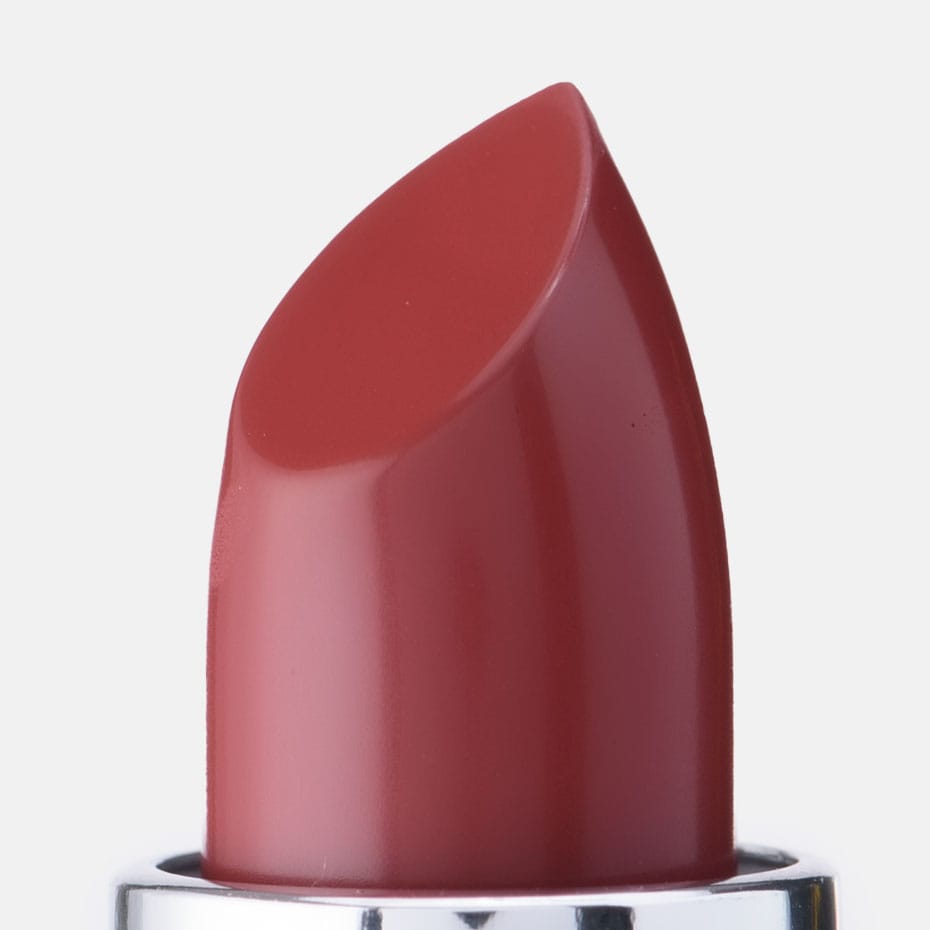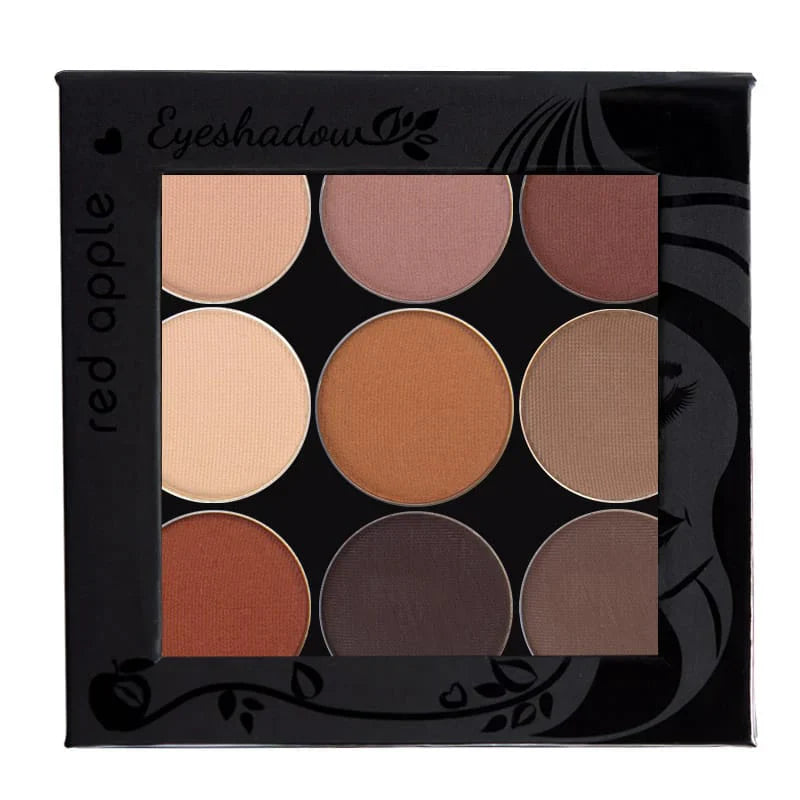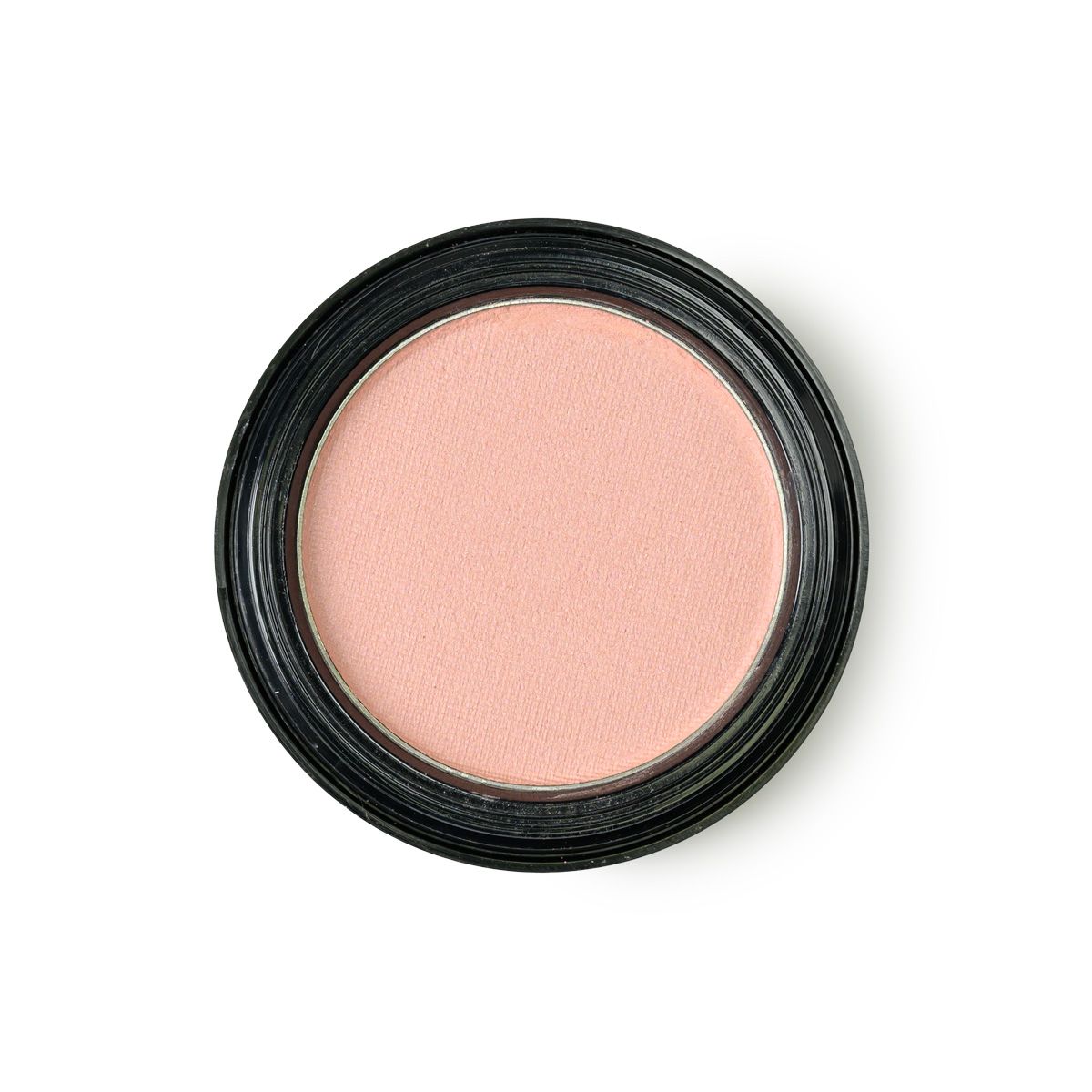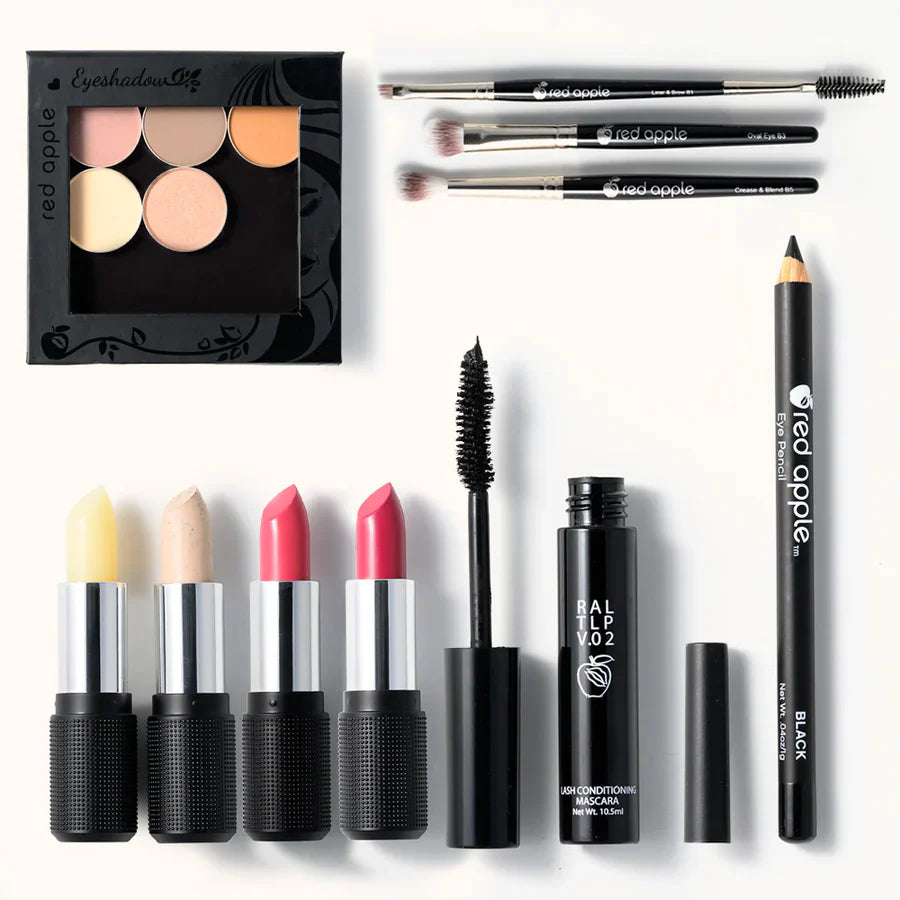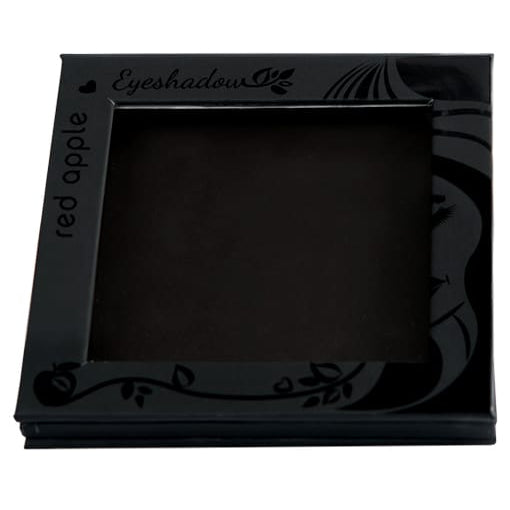When Does Makeup Expire And What To Do With Old Makeup | Red Apple Lipstick
People are often confused about what to do with expired makeup. Should you throw out old products or keep them a bit longer because they still look fine? Since it can be hard to tell when cosmetics actually expire, many of us end up using products that are past their prime and risk skin irritation or even infections. This guide walks you through what really happens as makeup ages, how to read expiration labels, and how to know when it is time to toss something for good.
Beauty products do go bad over time. Even products from Red Apple Lipstick have a best by date, which is why they often show up on your seasonal cleaning to do list. The goal is not to waste money, but to keep your routine safer for both your skin and your overall health.
Table of Contents
What Makeup Expiration Dates And PAO Symbols Mean
Yes, expired items should be thrown out. It is important to keep an eye on makeup expiration so you know when it is time to replace your products.
Most cosmetics are marked with an expiration date or best before date, which means the product should be used before that point. Once that date has passed, the formula is no longer considered reliable, whether the item has been opened or not.
You will often see a little open jar symbol with a number on the label or original packaging. These are called PAO symbols, short for Period After Opening. The number tells you how many months the product stays at its best once it has been opened. Sometimes you see only the PAO symbol instead of a printed date. If a product has been open longer than the number of months shown in the PAO symbol, it is safest to throw it away even if it has not reached a printed expiration date.

Following these suggested usage dates takes the guesswork out of your routine. In the sections below, you will see the two main reasons expired makeup should be tossed and not used on your face, eyes, or lips.
First Reason: All Makeup Deteriorates
The first reason to review your makeup bag regularly and remove old products is simple. Makeup breaks down over time, even if it is unopened and tucked away in a drawer.
As products age, you may notice that they:
- Are more likely to irritate skin or feel unpleasant on application.
- Lose effectiveness and no longer perform the way they did when new.
- Change color, sometimes becoming dull or off tone.
- Develop an odd or bad smell.
- Stop moisturizing or protecting as well as they once did.
- Lose the benefit of special ingredients that made the formula unique.
- Harbor more bacteria, which speeds up the breakdown process.
All of this happens for a few reasons. Ingredients can change texture, separate, or dissolve as they sit. Different ingredients may start interacting with each other in ways that were not expected when the formula was fresh. Preservatives that were added to slow bacteria growth also weaken over time.
Some natural and clean beauty products have fewer preservatives or none at all, so they may expire even faster than conventional products. It is especially important to pay attention to PAO symbols and suggested usage times for these formulas.
Once the shelf life or open time has been reached, you might notice changes in how products apply and wear. Liquid and cream textures can dry out or separate, powders can harden, and performance can drop off in a noticeable way.
- Liquid foundation and concealer can start getting clumpy or separated, which makes them harder to blend and more likely to cause breakouts.
- Mascara slowly dries out. If it starts flaking, clumping, or no longer lasts through the day, it is time to replace it.
- Liquid or gel eye products used to define the lash line will dry out, lose pigmentation, and may start to crumble.
- Powder blush, bronzer, eyeshadow, and face powders last longer because they contain little moisture, but you will know they are expired when they lose pigment, become dry and hard, or start to crumble.
- Lipstick that has expired will lose color payoff, feel less smooth, and may start to smell wrong.
- Lip gloss often becomes thicker, less shiny, and less pigmented over time, which makes it harder to apply evenly.

Second Reason: Bacteria Can Start To Grow
The second reason to throw out expired items is even more serious. Once preservatives begin to break down, bacteria can form and grow inside the product, making it unsafe to use.
Every time you use a product that touches your face, lips, or eyes, a small amount of bacteria can transfer into the container. When ingredients start breaking down, including the ones that are supposed to keep bacteria under control, you end up with a product that can no longer be trusted.
Continuing to use these expired products can lead to clogged pores, breakouts, rashes, irritation, and in some cases more serious infections.
Formulas that contain more moisture are generally more vulnerable to bacteria growth than dry powders. That is why powder products often last around two years, while liquid and cream formulas are typically best within six to twelve months. Products that come in direct contact with the eyes, like mascara and liquid or gel eye definers, should be replaced every three to six months to reduce the chance of eye irritation or infection.

How To Tell If Makeup Has Expired
Some products will last a little longer than their printed shelf life, while others can go bad sooner. PAO symbols and expiration dates are your roadmap, but your senses are also powerful tools. If you notice any of the following changes, it is time to let that product go.
- A new or unpleasant smell, especially if it is sharp or sour.
- Changes in texture and consistency, such as clumping, separating, or feeling grainy.
- Color that has faded, darkened, or shifted in an odd way.
- Products that no longer apply smoothly or blend easily.
- Visible separation in liquids or creams that does not mix back together.
If you see any combination of these signs, do not put the product back into regular use. Toss it and plan to replace it with something fresh that will treat your skin more kindly.
How To Help Your Makeup Last Longer
You cannot stop products from aging forever, but you can help them last closer to their full shelf life by caring for them properly.
- Store your makeup in a cool, dry place. Heat and humidity invite bacteria and speed up breakdown.
- Wash your hands before applying makeup so you are not adding extra germs to your products.
- Apply products to cleansed skin so oil and dirt are less likely to contaminate your formulas.
- Make sure lids and caps are tightly closed when items are not in use.
- Clean tools such as brushes and sponges often. Deep clean your vegan makeup brushes and sponges about once a week, and no less than every two weeks.
- Avoid stocking up on more products than you can realistically use before they expire, especially limited shades or formulas you reach for less often.
- Keep products out of hot cars and steamy bathrooms. Excess heat and moisture can shorten their lifespan.
- Be careful about opening products in very unclean places, like crowded public restrooms. If you must, use them for a shorter period or sanitize as explained in the FAQs.
For lip products, create a little routine that keeps everything fresher and more comfortable. Gently buff your lips with the Lip Exfoliate Stick, follow with soothing moisture from Rallye Balm, then apply your favorite lipstick or gloss. You can use a precise vegan lip brush to keep the bullet cleaner and help prevent over applying.
If you love pairing your lipstick with a creamy lip pencil or enjoy matching sets like our Perfect Duos, be honest about how often you use each one so you can rotate them and replace favorites before they are truly past their prime.
Powder products for cheeks and eyes can also be kinder to sensitive skin when you choose formulas made without common irritants. Explore options like talc free blush for sensitive skin, the glow of Sundrop Bronzer, talc free eyeshadows for sensitive eyes, or a custom palette you build yourself with Customize Your Eye Shadow Palette. Paired with a soft vegan blush brush and a clean base from Prime Time Eye Primer, your makeup can look smoother for longer while staying more comfortable on the skin.
Why You Should Not Share Makeup
This part may sound obvious, but it is worth repeating. Sharing makeup dramatically increases your risk of irritation and infection, especially if anyone has scratched eyes, chapped lips, or any open cuts.
Sharing lip color can spread cold sores, the herpes virus that causes painful blisters around the mouth. Eye products that are passed around can spread pink eye and other infections that are uncomfortable and sometimes difficult to clear.
- Do not share lipsticks, glosses, or balms with other people.
- Avoid sharing eye products, including mascara and eye defining products, even with close friends.
- Remember that other people’s makeup may already be expired or contaminated, even if it looks fine on the surface.
On top of all that, sharing products just is not very sanitary. So protect your skin and lips by sticking to your own products and encouraging friends and family to do the same.

We recommend going through your makeup bag regularly and checking for products that have been around far longer than their PAO or printed expiration date. Toss anything that raises questions or no longer looks, smells, or feels right. When in doubt, play it safe and replace it with something fresh from Red Apple Lipstick.
FAQs
How do you know makeup is expired or past its shelf life?
Start by checking the printed expiration date and the PAO symbol on the packaging. If a product is past either one, or if you notice changes in scent, texture, consistency, color, or how it applies, it is safest to stop using it.
When should you discard different types of makeup?
Every formula is a little different, but a helpful guideline is to replace liquid and cream foundation at about twelve months, most cream products within six to twelve months, powder products around two years, eye defining products and mascara about every three months, and lipstick at around twelve months.
Can you sanitize makeup instead of throwing it away?
The most important step is to deep clean brushes and sponges about once a week so they do not keep reintroducing bacteria. From time to time, you can gently scrape or wipe off the top layer of powder products and lightly mist with isopropyl alcohol. You can also mist the exposed part of a lipstick with alcohol and wipe it clean with tissue. These steps help keep products cleaner, but they do not reset the PAO or expiration date, so still replace items on schedule.
What is the safest way to refresh my routine after tossing expired makeup?
Focus first on products that sit close to eyes and lips, such as mascara, eye defining products, lipsticks, and glosses. Then add in fresh powder products like blush, bronzer, and shadows. If you are unsure which formulas or shades to try next, explore lipstick samples, Perfect Duos, and talc free options so you can rebuild your routine with comfort and safety in mind.

